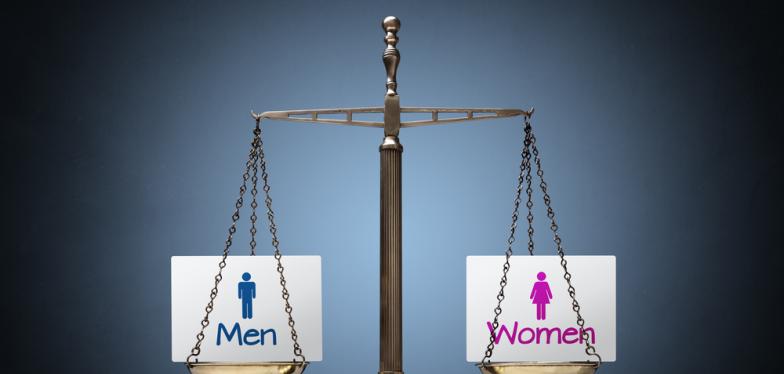1921 was a revolutionary year for Belgian women?

Just a century ago, women acquired a number of rights in Belgium. They seem so obvious to us today that we forget that at that time they marked the beginning of a radical change in a traditional society. Indeed, the gender division of labour was not a subject of debate because it was based on an immutable "natural order". What's more, since capitalist logic valued only lucrative occupations, domestic tasks (reserved for women), although essential, were totally devalued.
There is no doubt that the First World War played a driving role in undermining the social fabric. Out of necessity, women had been forced to take on a number of roles and responsibilities that were previously unknown to them.
But let's go back to 1921, the year in which women voted in municipal elections for the first time, on 21 April. This was also the first time they stood as candidates in the same elections and their result was not too bad for a first election: 196 local councillors, 13 alderwomen and 6 burgomasters. Still in politics, there was another first, namely the entry of a woman into the Senate. This was Marie Spaak-Janson (mother of Paul-Henri) who had joined the Belgian Workers' Party. On the proposal of Emile Vandervelde, the party's General Council presented her as a co-opted senator and on 27 December, she took her seat in the prestigious building. She was confirmed as a co-opted senator until 1958. We would be doing her a disservice if we thought she would have been content with being a decorative or symbolic presence. Her many interventions generally concerned education, children, the status of women and alcoholism. In another first, pay was not dependent on gender for the first time in Belgium, as the salaries of female teachers were aligned with those of their male counterparts.
So 1921 marked the start of a series of reforms whose momentum is still going strong 100 years later.